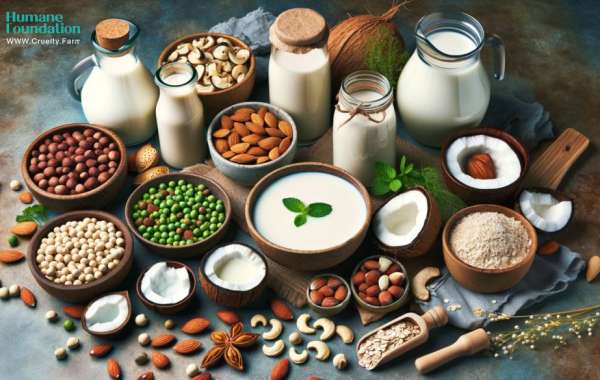The vegan diet has gained significant popularity in recent years, touted for its potential health benefits and ethical considerations. However, like any dietary pattern, the vegan diet comes with both advantages and potential risks that warrant careful consideration.
One of the key health benefits of a vegan diet is its emphasis on whole, plant-based foods rich in essential nutrients such as vitamins, minerals, fiber, and antioxidants. Research suggests that plant-based diets may lower the risk of chronic diseases such as heart disease, type 2 diabetes, and certain types of cancer. Additionally, a vegan diet may promote weight loss and improve metabolic health due to its focus on nutrient-dense, low-calorie foods.
Furthermore, a vegan diet is typically lower in saturated fat and cholesterol compared to omnivorous diets, which may help reduce the risk of cardiovascular disease and improve blood cholesterol levels. Plant-based diets have also been associated with lower blood pressure and improved markers of heart health, contributing to overall cardiovascular well-being.
On the other hand, there are potential risks associated with a vegan diet that individuals should be aware of. One common concern is the risk of nutrient deficiencies, particularly in key nutrients such as vitamin B12, vitamin D, calcium, iron, and omega-3 fatty acids. These nutrients are primarily found in animal-derived foods, so vegans may need to pay extra attention to their dietary intake and consider supplementation or fortified foods to meet their nutrient needs.
Moreover, some individuals may struggle to obtain an adequate amount of protein on a vegan diet, especially if they rely heavily on processed or refined plant-based foods. Protein is essential for muscle growth and repair, as well as overall health and vitality, so it's important for vegans to include a variety of protein-rich plant foods such as beans, lentils, tofu, tempeh, nuts, and seeds in their diet.
Another potential risk of a vegan diet is the risk of disordered eating behaviors, particularly in individuals who adopt veganism for weight loss or body image reasons. Restrictive eating patterns and orthorexic tendencies can lead to nutrient deficiencies, impaired physical health, and negative psychological effects. It's important for individuals to approach veganism with a balanced and holistic mindset, focusing on nourishment, enjoyment, and overall well-being rather than strict dietary rules or restrictions.
In conclusion, the vegan diet offers numerous health benefits, including lower risk of chronic diseases, improved heart health, and potential weight loss. However, individuals should be mindful of the potential risks associated with a vegan diet, including nutrient deficiencies, protein inadequacy, and disordered eating behaviors. By adopting a balanced and varied approach to veganism, focusing on nutrient-rich whole foods, and seeking guidance from healthcare professionals or registered dietitians as needed, individuals can enjoy the health benefits of a vegan diet while minimizing potential risks.




